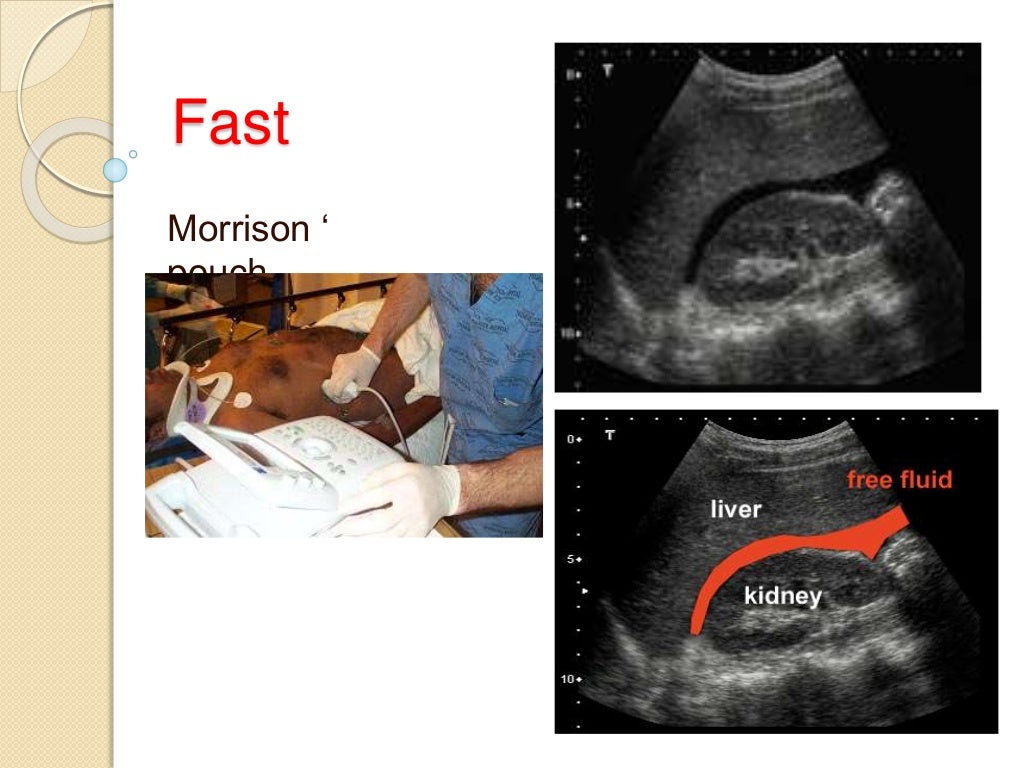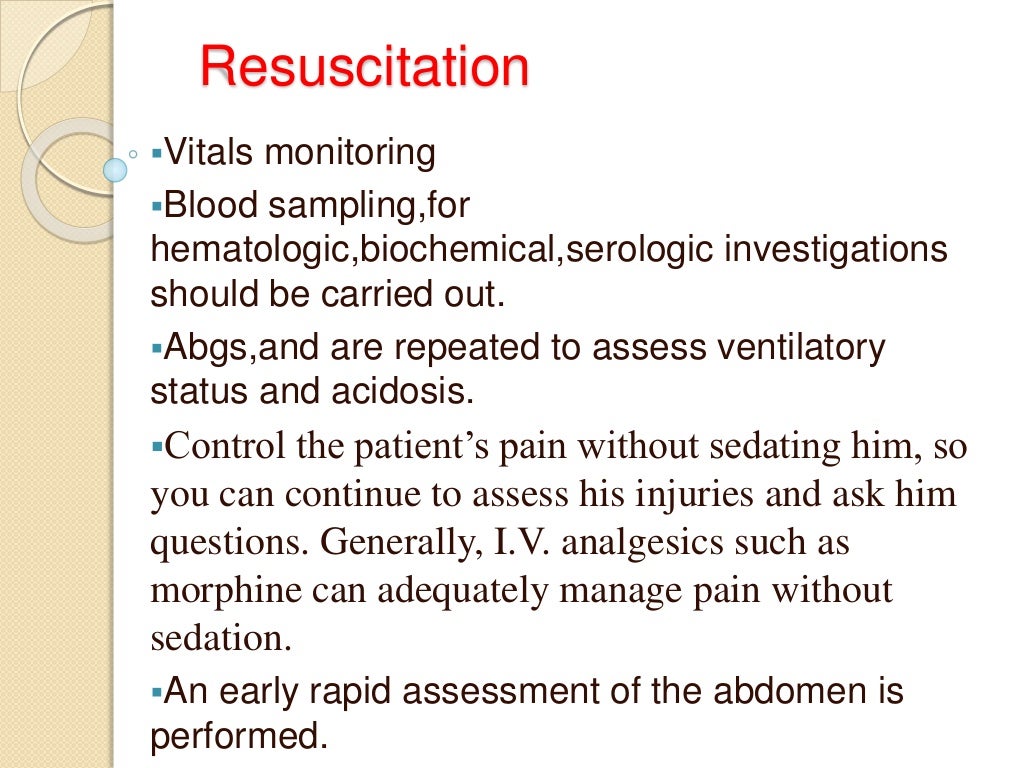

If you experience pinkish or reddish urine, promptly contact your physician for a kidney stone diagnosis. Remember, haematuria is a common symptom of various ailments like prostate cancer, kidney malfunction, and underlying circulatory issues.

Also known as haematuria, it’s impossible to detect by the naked eye but includes a marked brown colour of urine distinct from its natural yellowish tint. Most patients with intestinal and urinary infections pass blood with the urine. It could indicate both signs of kidney stones and underlying UTIs. You may also experience an inability to contain urine for long periods. This can lead to irregular or low urine output, meaning you may need to frequent the washroom at odd intervals. If your kidney contains renal calculi, it can cause obstructive urination. If you feel prolonged discomfort when urinating, consult a urologist for a kidney stone diagnosis. You may also experience a sharp burning sensation because renal calculi lead to inflammation from failing to pass from the ureters to the urinary bladder.

Kidney stones can lead to dysuria or painful urination. It confirms the presence of massive renal calculi that causes pain when moving around the kidney near the intestinal region. Lower abdominal pain is a primary kidney stone symptom. It exists like sharp waves of contraction and may move around the colic flexures. Unlike muscular inflammation, underlying kidney stones lead to excruciating pain that spreads around the lower abdomen. You may need a kidney stone diagnosis if you experience one or more of the following symptoms usually found in patients with renal calculi. Check out this blog to learn more about potential kidney stone symptoms. If you experience painful urination or frequent lower back pain, it might indicate underlying UTIs or existing nephroliths. Men are more prone to developing early signs of kidney stones than women. While minute stones pass off naturally by urine, larger stones lead to profuse discomfort. It leads to the formation of robust fragments made from calcium oxalate ranging from minute particles to that of a golf ball. Kidney stones or renal calculi are among the most prevalent urinary ailments.


 0 kommentar(er)
0 kommentar(er)
